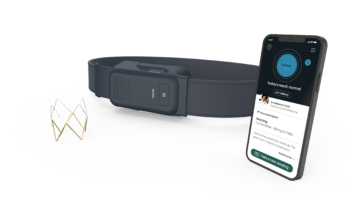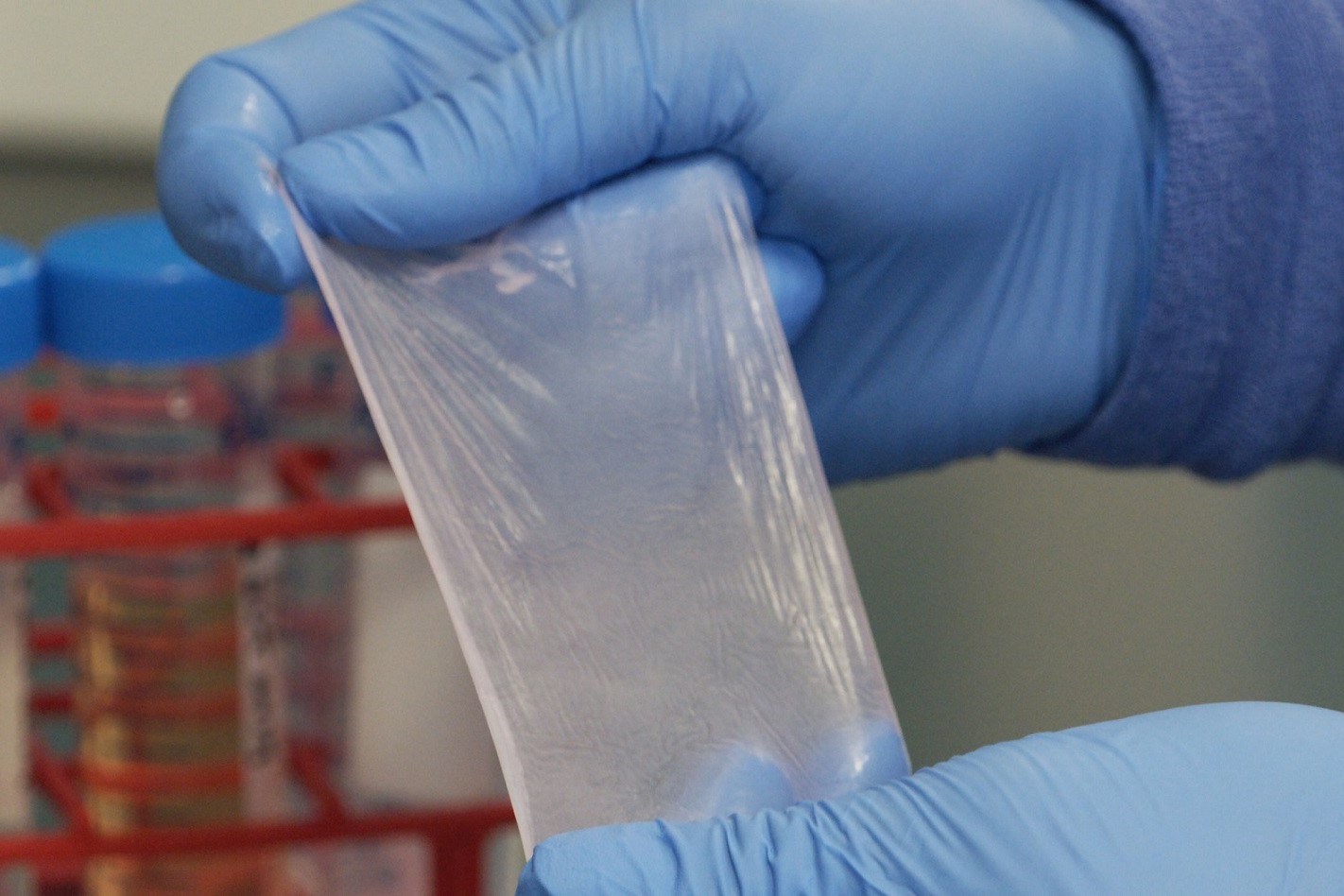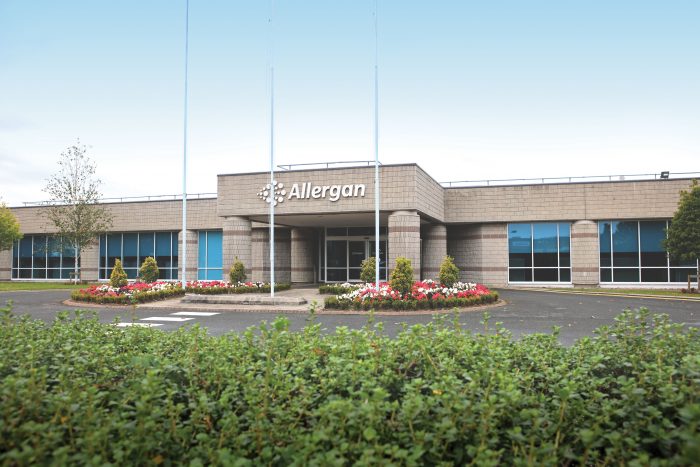
Irish Startup Snags $120M for Heart Failure Implant
FIRE1 raised $120 million for its Norm system — a heart failure monitor implant that seeks to keep patients out of the hospital.

FIRE1 raised $120 million for its Norm system — a heart failure monitor implant that seeks to keep patients out of the hospital.

Sanofi submitted the first unsolicited offer to acquire Horizon Therapeutics, but Amgen ultimately won what became a competitive bidding process. Amgen says Horizon's drug lineup complements its own portfolio of autoimmune and inflammatory disorder products.

Alkermes says separating cancer from its portfolio and pipeline of neuroscience products could put the company on a path to profitability. Meanwhile, the new cancer company would be an independent and publicly traded entity with a lead immunotherapy in pivotal testing for two types of cancer.

Jazz Pharmaceuticals is paying Zymeworks $50 million up front for rights to develop zanidatamab, a bispecific antibody cancer drug currently in two pivotal clinical trials. It’s the second bispecific antibody pact of the week, following Gilead Sciences’ deal to secure an option on a MacroGenics drug in early clinical development.

Novartis is acquiring an FDA priority review voucher from Mallinckrodt Pharmaceuticals. The $100 million price tag is in the neighborhood of the going rate for these vouchers, which grant a company a shorter regulatory review timeline for a drug that addresses a rare or neglected disease.

Jazz Pharmaceuticals is licensing rights to a Werewolf Therapeutics cytokine therapy that’s on track to reach clinical testing next year. The deal gives Jazz a drug candidate that expands the company’s scope to immuno-oncology.

The clinical trial failure of Theravance Biopharma’s most advanced internal program, a drug for a rare blood pressure disorder, is leading to a companywide restructuring. Going forward, the biotech will focus on developing drugs for respiratory disorders.

The Theravance Biopharma drug is the lead program in an alliance with Johnson & Johnson subsidiary Janssen Biotech, which paid $100 million up front to develop the JAK inhibitor for intestinal diseases. Following the Phase 2 failure, Theravance said it will minimize spending on that program.

Mallinckrodt Pharmaceuticals received FDA approval for its engineered skin product, StrataGraft, a treatment for serious thermal burns. The product is the latest to be reviewed under a new designation for regenerative medicines.

Alkermes antipsychotic drug Lybalvi now has FDA approval. Though the field of neuropsychiatric drugs is crowded with generic medications, Alkermes believes Lybalvi, designed to mitigate the weight gain side effect common with mood disorder drugs, could have an advantage.

The drug, Tepezza, is described as the first-ever drug treatment for thyroid eye disease, a debilitating disease usually treated with surgery.

Ishrak has led the company for nearly nine years and will retire at the end of the fiscal year in late April turning over the reins to his deputy Geoff Martha who, like Ishrak, came to Medtronic from GE Healthcare.

The company initiated the voluntary recall of textured Biocell breast implants and tissue expanders after it received a warning from the FDA that they were linked to some cases of a type of T-cell lymphoma.

The rejection brings to an end an effort by the drugmaker and Native American tribe to invoke sovereign immunity to protect patents covering the dry-eye drug Restasis.

Through a new partnership, physician practices utilizing DrChrono's mobile EHR solution can directly access 3D4Medical's 3D interactive anatomy models.